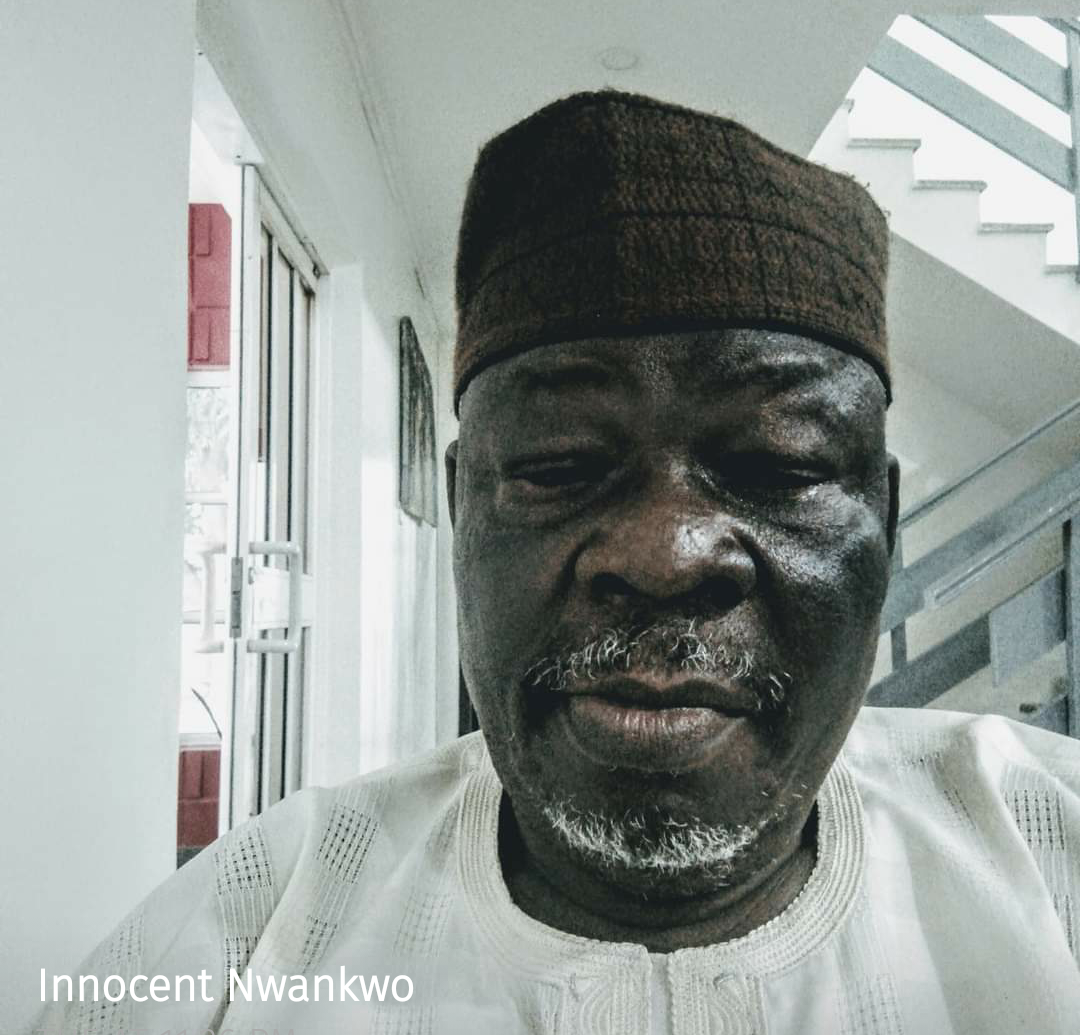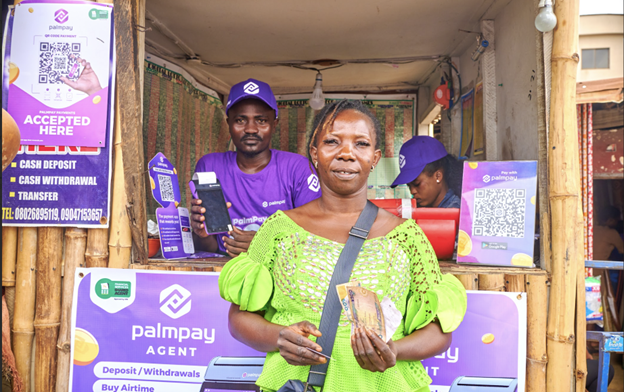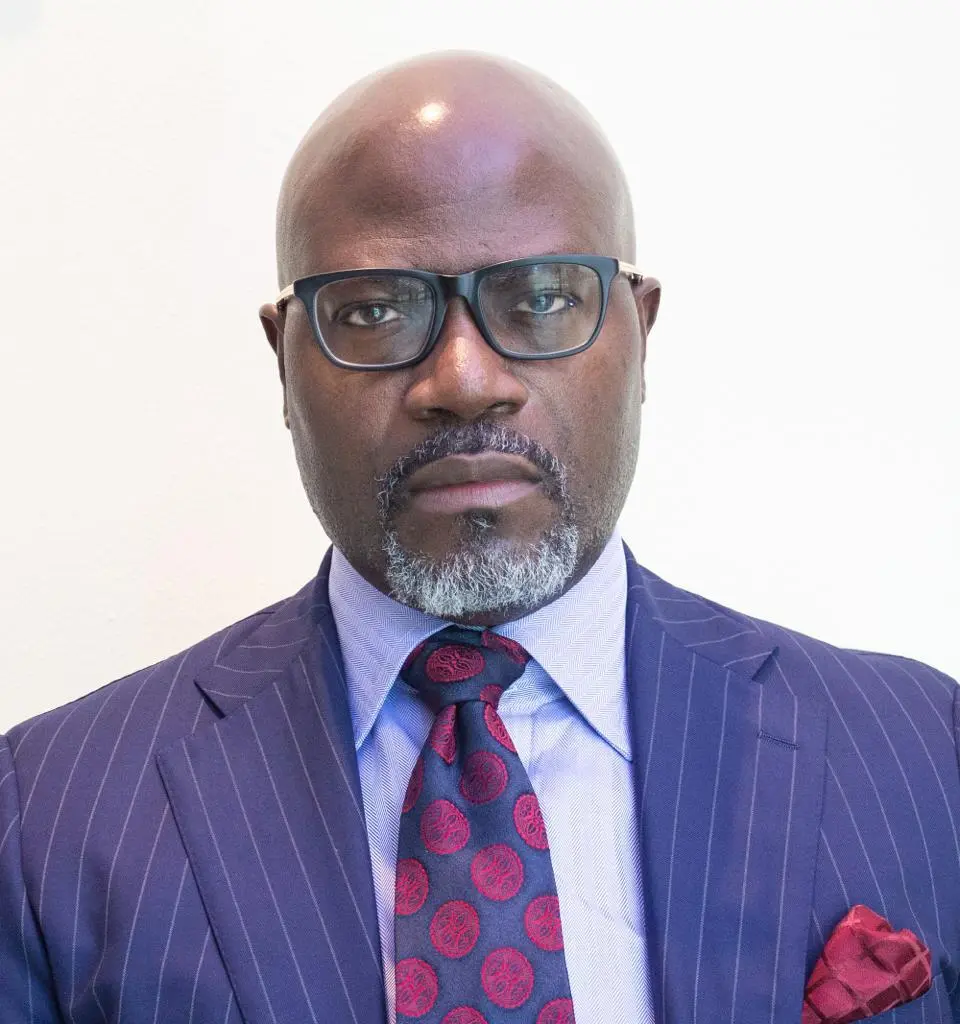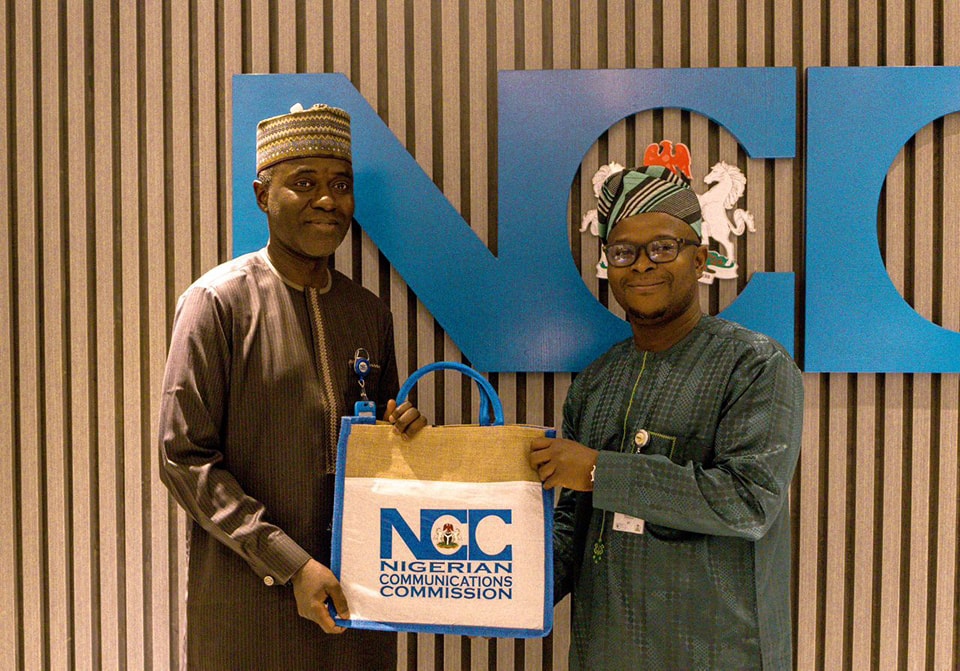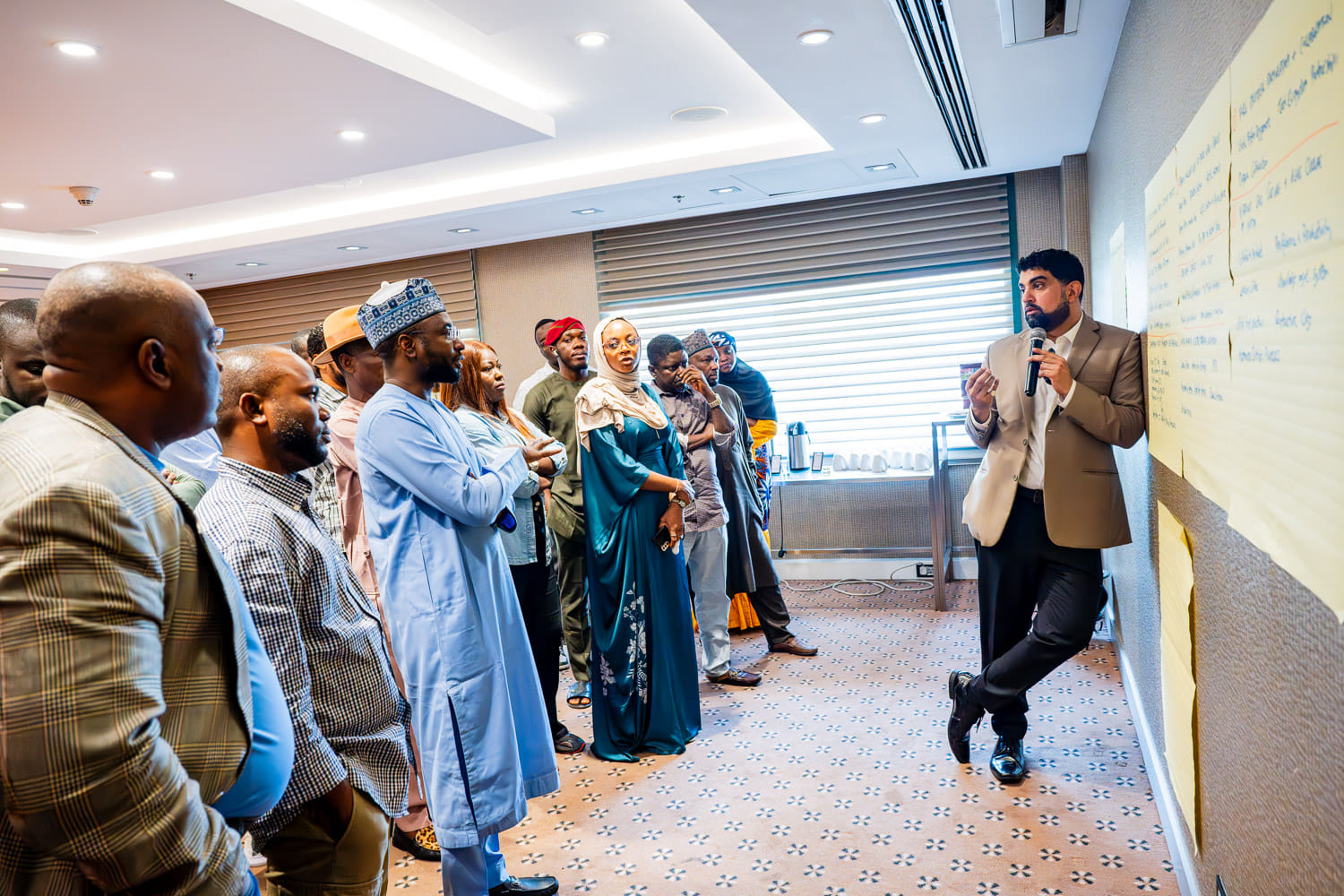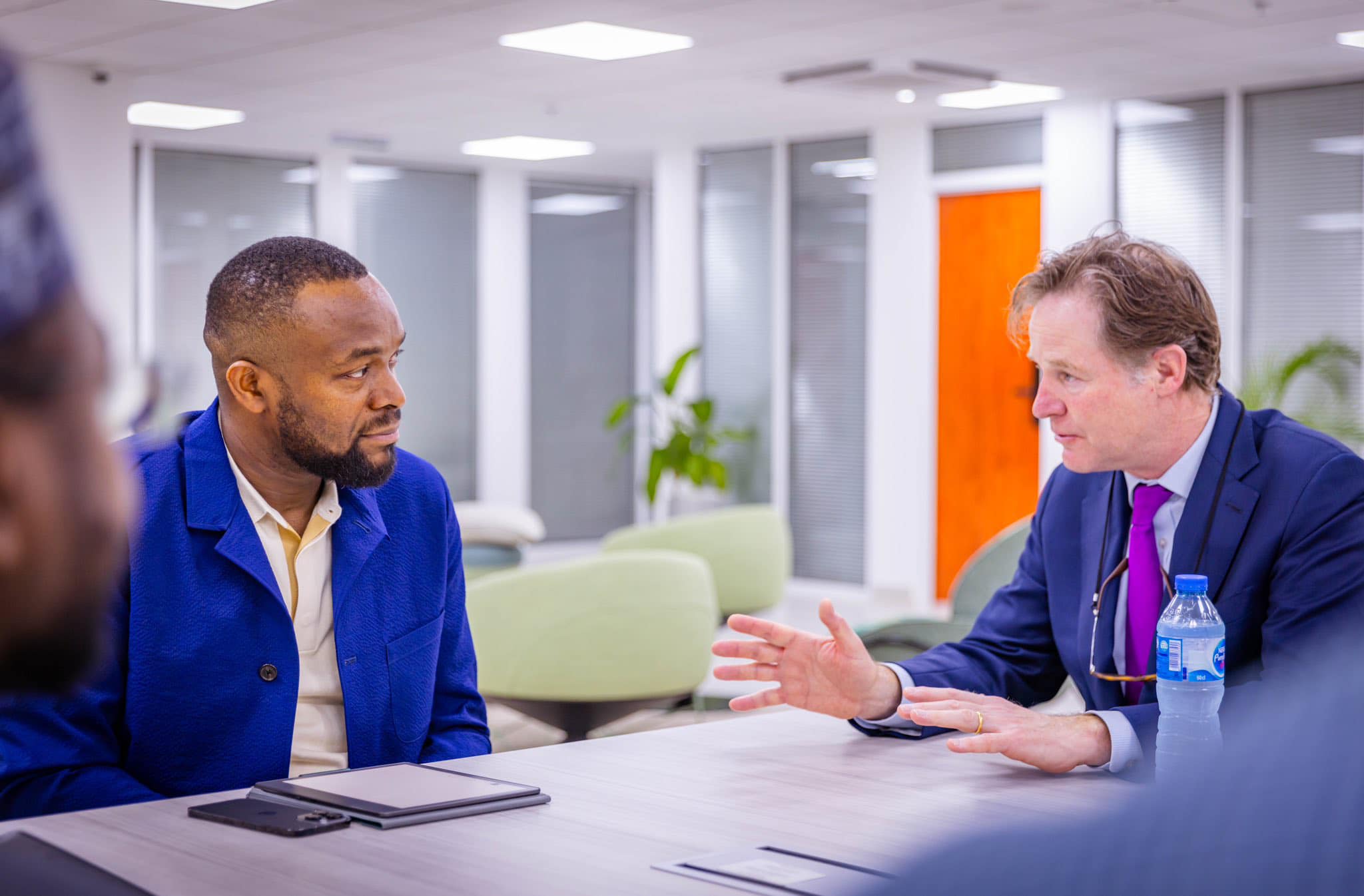It is yet another Independence Day celebration in Nigeria. Very many people like me now hold the opinion that Nigeria needs and merits no celebration of any kind. A nation long gone to the dogs and jackals.
In 1960, I think I was in the Enfant Class – a step before Standard 1, when we were distributed a flag, a commemorative plastic light brown cup and 3 pence to each pupil. I think some people in the higher classes received 6 pence in celebration of the Independence Day October 1. It was a public holiday and my 3 pence found its way into my mother’s purse. Honestly, I was oblivious of what Independence was or its full meanings. In 1963, there was another celebration and public holiday. But this time, no money, flag or cup were shared. I heard that we have become a Republic. The only significant thing I noticed was that Queen Elizabeth II bust no longer featured on our currencies. Another significant thing I noticed was that, having followed my mother to the market carrying a second basket of palm nuts she would sell, the eventual proceed was below what she previously earns from palm nuts of such quantity. She wondered aloud why the loss of value. Somebody said that Government has lowered the price of locally derived farm produce. I took that away and that has remained solidly tucked into my head ever since.
I had begun to discern or understand a few things in 1965 when I was in Elementary 5 and sometimes when I visit classmates whose parents were teachers and had radios – Grundigs whose battery power pack was a separately housed Berec power ensemble neatly behind the grand Grundigs. They took minutes to come on with deep loud volumes. They were said to be circuited by semiconductors and cathode ray tubes of varied wire entanglements. We always peer to see if we can see the head of the man garrulously chatting away on end. Transistor radios were a new invention struggling to catch on.
The Nigeria I met in company of age mates everywhere held great promises. My parents did not bend over much in order to feed us in the family. I could buy 2 balls of Akara for half a penny. 4 balls mean 1 penny. A wrap of Elele (moi-moi) cost 1 penny. 1 shilling gets you 24 cups of garri. We heard that at Umuagwo near Ohaji it was measured 38 cups to a shilling. The standard cup measure was an untinkered cigarette cup of Craven A or Rothmans. In fact, with one shilling, you can buy garri for 6 pence, fish and soup condiments with the remaining 6 pence. It was like Paradise on the Equatorial coast lands and beyond. My classroom exercise books cost some 3 pence or the bigger notes of 40 or 60 leaves at 6 pence. In our classes, one teacher taught all subjects and he was a Master in all of them. From Elementary 3 I have begun to borrow books from the mobile Eastern Nigeria Library Board buses shuttling and rotating books to us in the rural areas. One of the books I borrowed then – The Arabian Nights – remained engraved in my heart till today. In it I read the classic, Sinbad the Sailor.
By 1966, the Sun began to rise from the West and the harmattan began to blow from the South. My First School Leaving Certificate read “Eastern Group of Provinces of Nigeria.” It was issued in 1966. I was lost actually not aware of which road one was actually travelling. Then the Exodus of the Igbo from everywhere back into the Igboland. The lands changed, the sky turned crimson, gloom and fear appeared on every face. Celestine Ukwu then waxed “Ije Enu”, ushering in the descent of Darkness.
The story of Nigeria as it stands today is not a cheering one. A story of lost opportunities, squandered Riches. Human destabilisations, Pogroms and massacres that almost raised another Mfecane reminiscent of the days of Shaka the Zulu in the Southern stretches of the African continent. Nigeria – a nation in Africa endowed with almost every known natural resource has clobbered down to the jelly floatsam of the Namibian wastelands.

The principal pulley that subdued and kept the national nose below the waters has remained its Leaders. Leadership has anchored over the decades on primitive tribal allegiances. Thus the nation has refused to climb onto the world stage. Every new leader after a few flickers of hope and then drifts out of the stereotype soulfully sliding into the very ailment and befuddlement that has made a supposed emerging African Giant to recline into the recessive doldrums of under-achievements of tribal potentates.
The end of the Civil War in 1970 offered the most golden opportunity of a resurgent modern Nigeria. A nation that would have been retooled into the 2nd or 1st World of Nations of reckon. The Curse of the Blackman prevailed. Gowon had sewn a 5 Year National Development Plan with his band of technocrats. It was a band of trained and exposed policy executors. Names as Hayford Alile, Rasheed Gbadamosi, Phillip Asiodu, Eghagha, Ejieyutchie and very many others were outstanding. They were not perfect but they had some good knowledge of statecraft and economic management.
The Murtala coup of 1975 shattered the glimpses and shadows of an emergent industrial nation. You may disagree but it marked the beginning of the Decline of Nigeria. A jamboree called the Festac 77 ushered the beat and rolling drums of the Decline. Although conception, planning and staging had gone considerably under Gowon, the new Murtala Government and their henchmen proceeded with the squander of the Festac. Monies that would have been deployed to gigantic Industrial and economic blueprints and takeoffs were strewn across the world to watch with glee the rolling butts and bosoms of African dancers from across the world. The spate and choking blanket of military rulers gave no impetus for any to vent constructive alternative ideas. The military drilled and harvested the entire national landscape with intolerant jackboot.
When Babangida mounted the horse, the decline was rapid and speedy. IMF and World Bank modulated economic plans sliced Nigeria into a mash of ill-diluted plans. State enterprises which in the main were social safety nets, bouyed and hoisted began to disappear. Unemployment steadily began to creep in. Nigeria Airways, National Shipping Line, the Refineries, Aluminium Extraction complexes, Ajaojuta Steel Mill, Sugar mills, Paper Mills etc. The private sector were not left out. We no longer saw or heard about the Palm Line Agencies, BEWAC, VYB, Elder Dempster, the 5-Star mills, Enpee, Atlantic Textiles, Abatex, Michelin, Dunlop, Asabatex, Double Crown breweries, the Top Beer, Skol, ANNAMCO, Peugeot, Volkswagen, Steyr and very many others. Not forgetting Chanrai, Bhojswani, the UAC, CFAO, SCOA, Westinghouse, Kingsway, Carrier etc. The numbers and names could stretch beyond the Milky Way.
Why would there not be a Decline and economic strangulation in Nigeria with these industrial closures and economic downturn. Till today and this moment, there is no flicker of hope in the horizon. The population is leaping in great bounds. The economic stretches are closing the more with nothing tangible being propounded or drawn up in expectations of any future succour. It is a hopeless situation.
If we can draw a little lesson from the Covid 19, its effect economically across the world, the near irrelevancy of oil, one should be realistic enough to smell the creeping Armageddon. As we stand today, the vagaries of oil supply, oil politics and clear plunge into alternative energy sources clearly indicate a doomed future. Yes, a doomed future. Given the manner and quality of our leaders over time and in the foreseeable future, one needs no trainings to divine this..
Just think about this:allegedly, a humongous sum of N3 tr was said to have been used to feed school pupils across the Nation as Covid 19 was at its peak. Pupils were at home. Nobody could corroborate such an insane tale. Nobody saw any pupil being fed. But the humongous sum has disappeared.
But the anti-cortuption body ICPC is telling us that some of the feeding monies have been traced to private bank accounts. This is a good move and we commend the presidency for speaking up and pointing this out.
And you think that a nation saddled with these heinous Andromedian folkways would survive two more decades into the future? We pray that it survives. We want it to survive but we must review
Do I have my doubts. The Independence Day is it worth any celebration? Is it merely a Review of the Curse and Decline of Nationhood, since 1975?
Innocent Nwankwo

